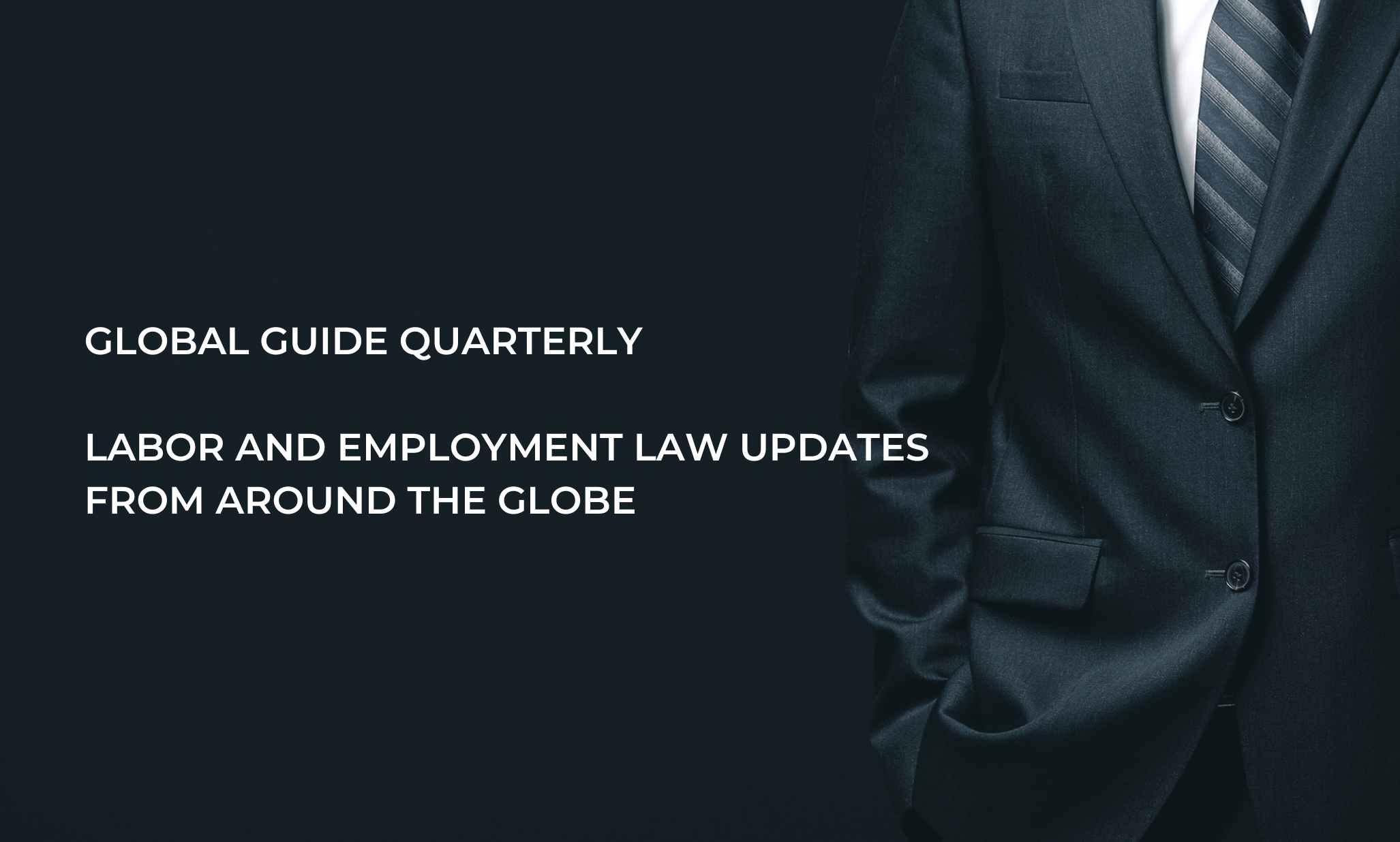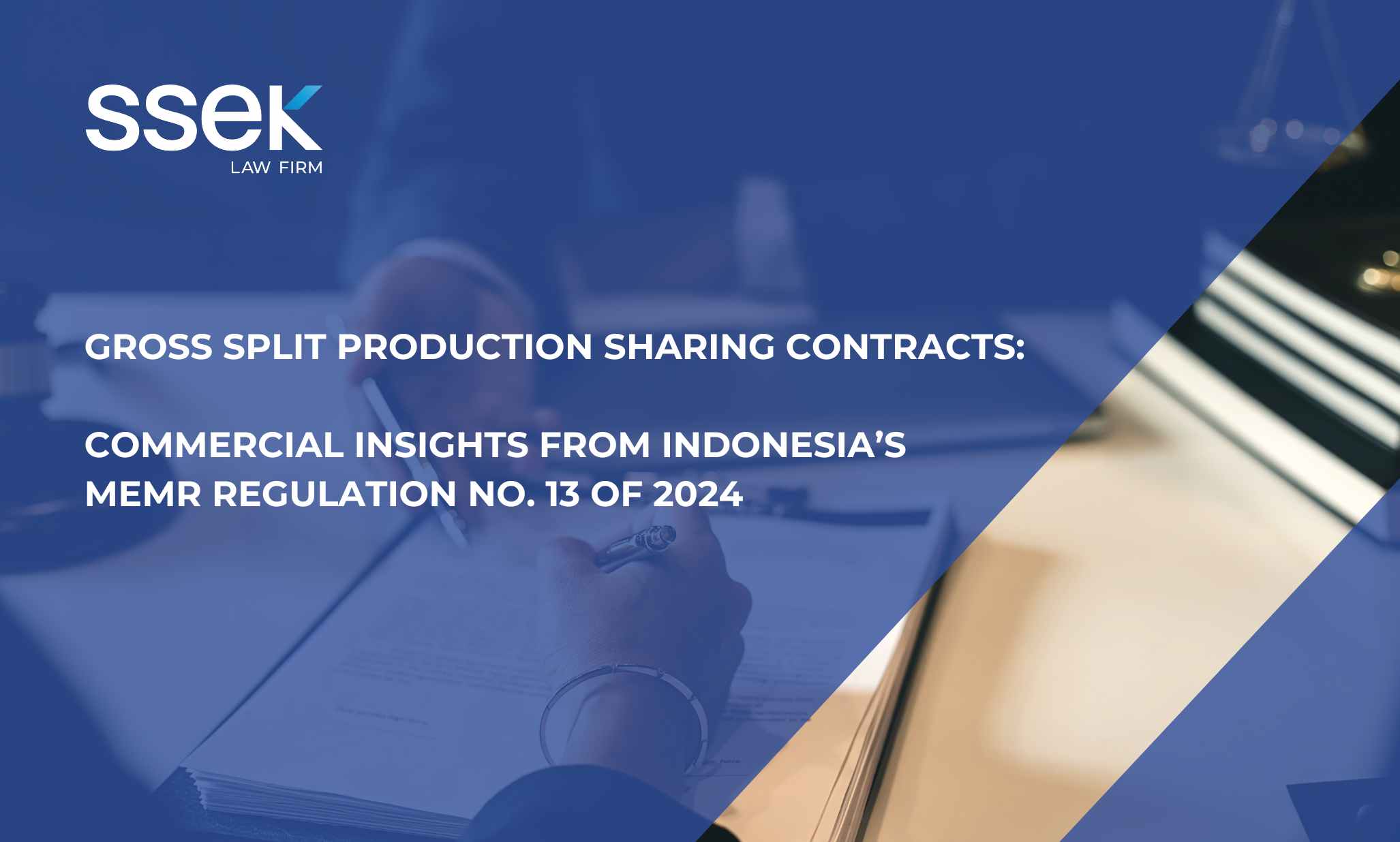

The predominant board structure in Indonesia is best categorized as two-tier. The first tier is the board of directors (BOD), which acts as an executive to the company and is responsible for its day-to-day operation (article 92(1) of Law No. 40 of 2007 regarding Limited Liability Companies (the Company Law). The second tier is the board of commissioners (BOC), which acts as a supervisory and advisory body to the BOD (article 108(1) of the Company Law).
The primary legal responsibility of the BOD is to run the company in the company's best interests and in accordance with its object and purpose. In performing their management duties, BOD members are jointly and severally empowered to represent the company in its external relations unless specifically restricted by the articles of association (AOA) of the company or in the event of a conflict of interest (articles 92 and 98 of the Company Law).
The primary legal responsibility of the BOC is supervising the management policies and day-to-day running of the company by the BOD, as well as advising the BOD in the company's interests and in accordance with its objects and purposes. Members of the BOC are also required to carry out their supervisory duties and advise the BOD in the interests of the company and in accordance with its objects and purposes (articles 108 and 114 of the Company Law).
Enforcement Action Against Directors
Enforcement action against the BOD can be brought by and on behalf of those to whom duties are owed. Creditors can sue directors for the company's wrongful actions under tort (article 1365 of the Indonesian Civil Code) if they are able to pierce the corporate veil, which requires establishing that a director has not performed his or her duties in good faith and in a responsible manner. The Company Law stipulates that each member of the BOD shall also be personally responsible for losses suffered by the company if the concerned member has made mistakes and has been negligent in carrying out his or her duties, unless the concerned member can prove the following:
- the losses were not caused by his or her mistakes or negligence;
- he or she managed the company in good faith and prudently in the interests and in accordance with the purposes and objectives of the company;
- there were no conflicts of interest, either directly or indirectly, in his or her management acts that resulted in the losses; and
- he or she took action to prevent the losses from occurring and continuing.
Shareholders are expressly given the right to sue the company should they suffer losses from actions of the company stemming from decisions by the BOD that they consider to be unfair and unreasonable.
Non-Executive and Independent Directors
The Company Law does not recognize the concept of an independent director. However, generally, the BOC exercises the function of a non-executive director, being responsible for the supervision of and advising the company. The Company Law also acknowledges the concept of an independent commissioner, which is a commissioner not affiliated with the controlling shareholder or any member of the BOD or BOC, or both. More specifically for a publicly listed company, it is obliged to have an independent member of the BOC.
For public companies with a two-member BOC, one of the commissioners must be an independent commissioner. If the company appoints more than two commissioners, at least 30 per cent of them must be independent.
This first appeared in the Lexology GTDT Corporate Governance 2020 global guide.
This publication is intended for informational purposes only and does not constitute legal advice. Any reliance on the material contained herein is at the user's own risk. All SSEK publications are copyrighted and may not be reproduced without the express written consent of SSEK.









